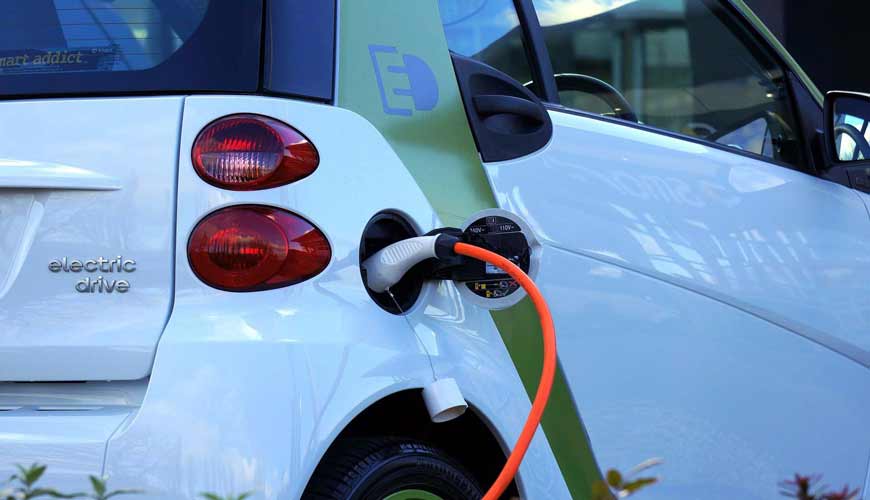Business Travel
Travel is an integral part of how we do business. Pre the COVID-19 pandemic, many of us travelled across Dublin to attend meetings regularly. Delivering and receiving goods and services are also vital for many businesses.
Businesses travel is a significant contributor to a company’s greenhouse gas emissions and offers opportunities which many of us may not have yet considered.
However, there are plenty of actions which we can take that can help to reduce the business communities’ role in climate change. They can also mean improved competitiveness as a modern, climate conscious employer.
Employee Commuting
The daily commute contributes to transport greenhouse gases which trap heat and warm our climate.
Companies can help their employees reduce their transport emissions by allowing remote working, where possible. Offering your employees flexibility in start and finish times and working arrangements can have positive outcomes such as freeing them up to do school runs without a car, for example.
Encourage your employees to take public transport or even better to walk or cycle. The government sponsored Cycle to Work scheme allows employees to give up a portion of their salary with no tax liability towards the purchase of a new bike and cycle equipment for use when commuting to and from work. Employer PRSI is also waived on the equivalent amount.

Travelling to Meetings
For some businesses, journeys made during the day or business trips are also contributors to climate change. Electrifying your fleet should be considered.
Smart Mobility Hubs offer electric bikes or vehicles to staff and are an innovative solution for business travel. They give staff more flexibility to leave their personal cars at home, helping to reduce carbon emissions. For your company, E-bikes and EVs (Electric Vehicles) are significantly cheaper to run than diesel and petrol cars. Positive branding in terms of corporate social responsibility can have a multitude of benefits in terms of attracting new clients, investors, and customers.
Modern EVs are capable of significant distances on a single charge. You can also avail of a reduced rate of motor tax and less maintenance required at each service. If you are changing your fleet, there are supports available. For more visit the SEAI website here.
If air or long-distance travel is involved in your business operations, go virtual. One return flight to London is the equivalent of just under 150kg of CO2 per person.


